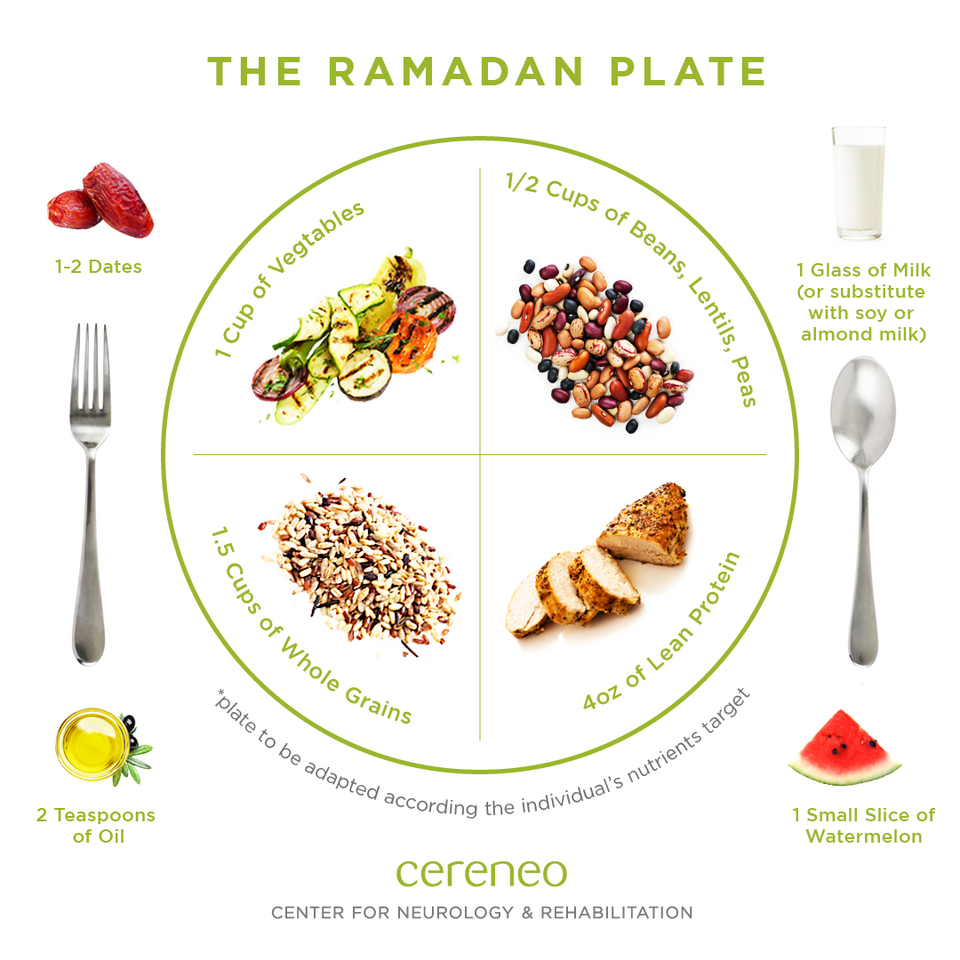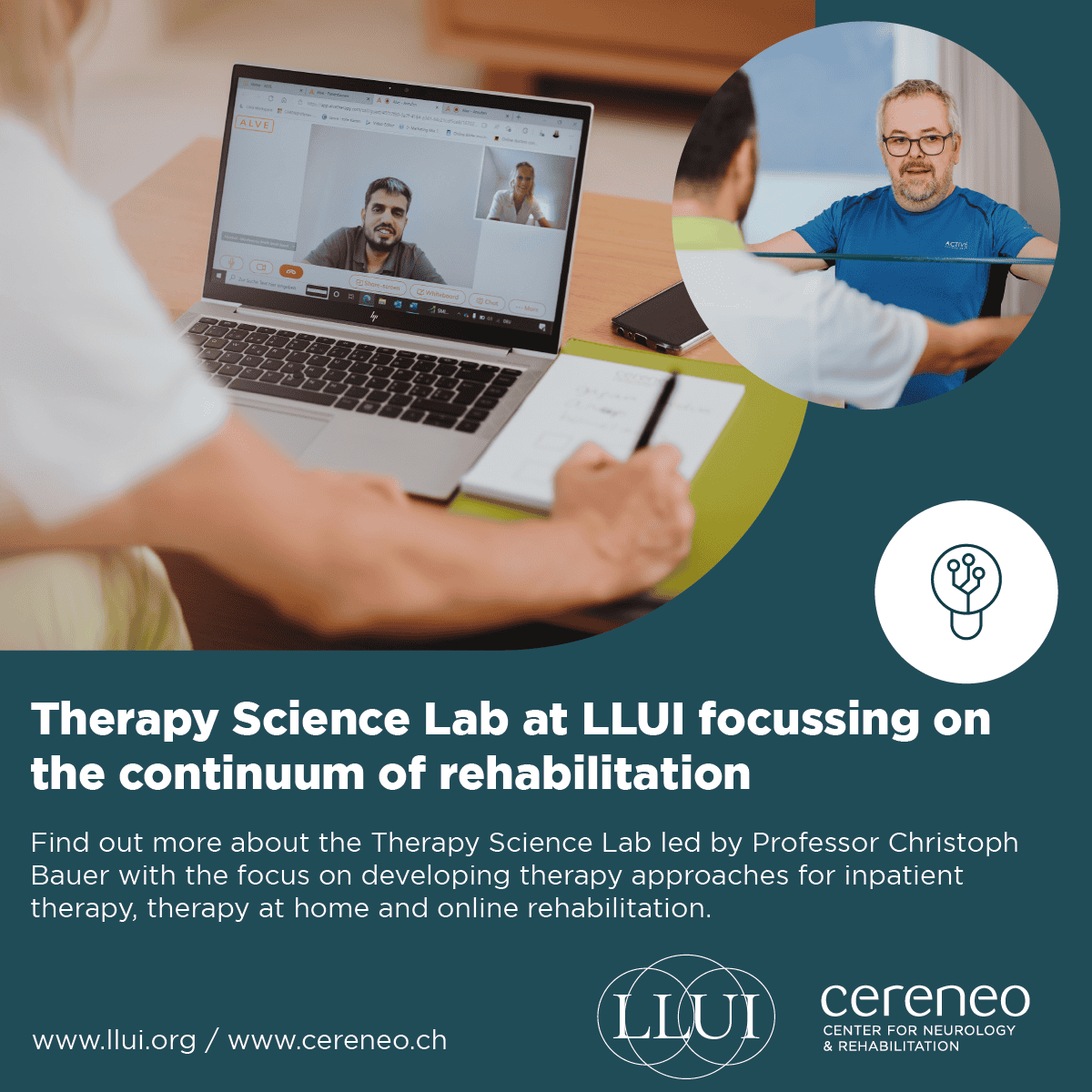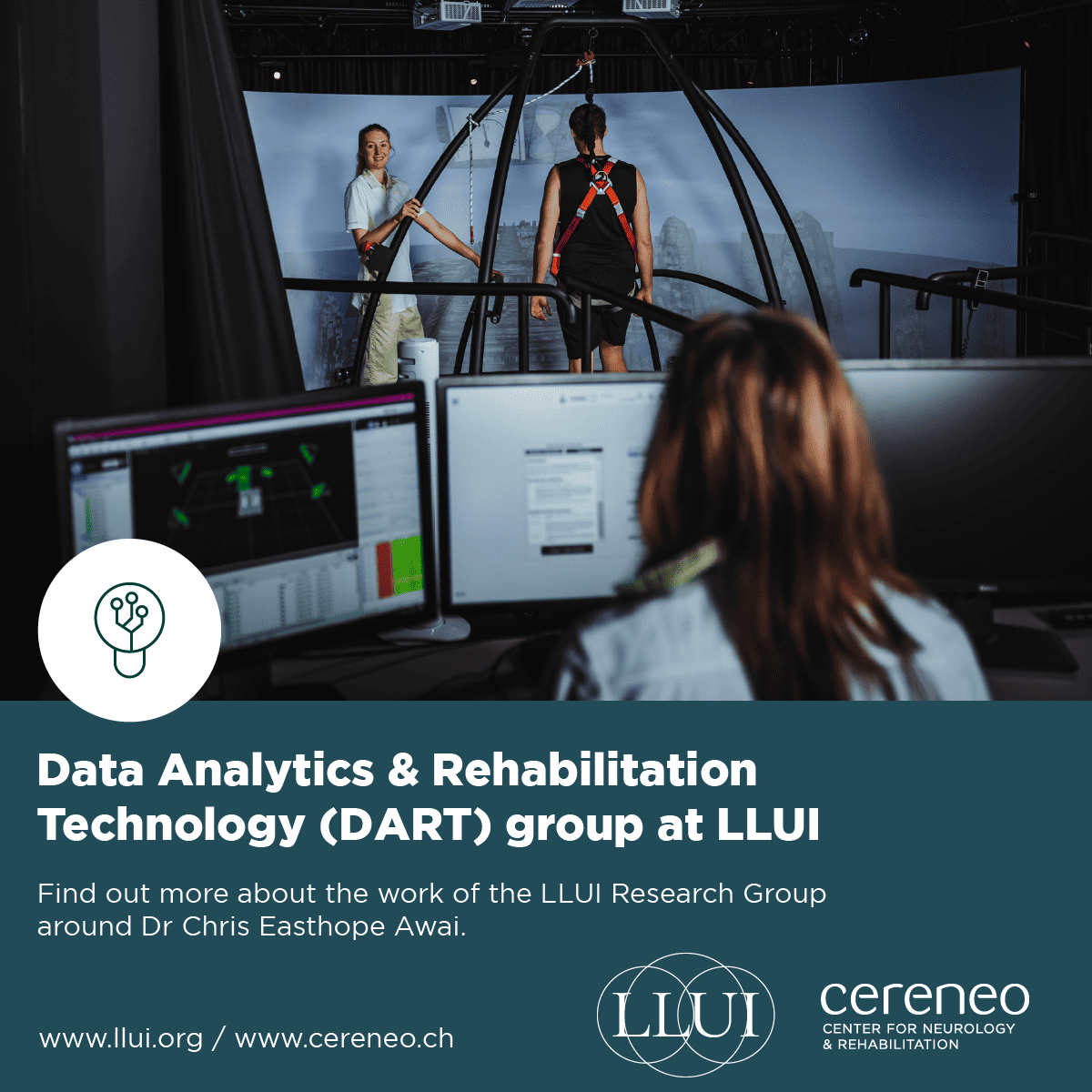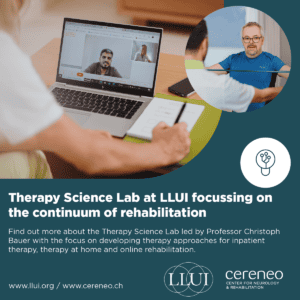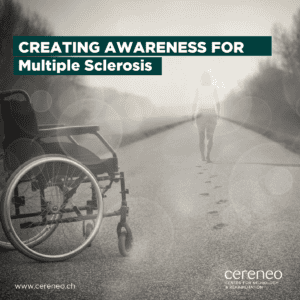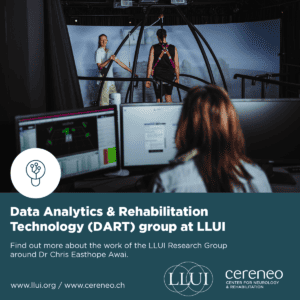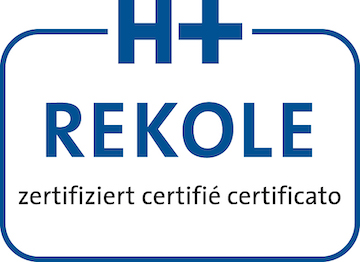This year, the holy month of Ramadan begins in the first week of May. As people only eat pre-dawn (Suhoor) and at sunset (Iftar), a person’s daily rhythm including their sleep cycles and meal planning usually changes. Among healthy individuals, Ramadan fasting can be associated with positive physiological changes, such as decreased body weight and favourable changes in their lipid profile.
However, for neurorehabilitation patients, fasting can be associated with certain risks because of ‘the pathophysiology that disrupts normal glucose homeostasis mechanisms’. This means that normal physiological processes in the body, such as body temperature, body fluid composition, blood sugar and blood pressure are now irregularly regulated due the existing condition or injury. In other words: Neurorehabilitation patients have an extra hurdle to overcome during Ramadan.
How much water should I drink when continuing my neurorehabilitation treatment during Ramadan?
When continuing with exercise as part of your neurorehabilitation therapy programme, it is advised to drink more than 13 glasses (for women) and 17 glasses (for men) of water (150 ml) every day. Indoor movement therapy and/or being outdoors, especially with high temperatures and warm weather, will cause you to sweat more and lose more fluids. That is why it is important to increase your water intake to make up for this fluid loss. Make sure to keep yourself hydrated between sunset and sunrise by drinking water and by limiting any carbonated and sweetened beverages.
What should I eat during Ramadan to support my rehabilitation training results?
It’s tempting to gain your calories from fried snacks, sweets and rich traditional dishes but when you want to maintain your training results as so far achieved, meals should contain wholesome nutrients, such as (fluid-rich) vegetables, whole grains, meat, dairy products and fruits. Well-balanced meals provide enough energy to last during the long hours of fasting. A few tips:
■ Divide your daily calorie intake between Iftar and Suhoor and try to break your fast with a balanced diet and by eating slowly. While Suhoor is important, well-balanced eating habits during Iftar should be taken into account as well.
■ Foods that are high in saturated fats e.g. ghee, fried meat sambusek and avoid sugary, creamy desserts.
■ Stay away from trans fat foods, such as fried fast food, bakery products (doughnuts, cookies and frozen sweets), non-dairy coffee creamers, certain margarines and vegetable oils.
Make sure that the essential needs of your body are met and include nutrients from all food groups that would most benefit your health. A division of nutrients could be:
– 20 % protein, such as: fish, skinless poultry, eggs, cottage cheese, yogurt, nuts, seeds and legumes.
– 50-55 % carbohydrates, such as: oatmeal, brown rice, sweet potatoes.
– <35 % fat; preferably mono- and polyunsaturated, for example, avocados, nuts (monounsaturated fats) or seeds or fish such as salmon, mackerel, trout, herring and tuna (polyunsaturated fats).
– Fibre from unprocessed food, such as vegetables, fruits, seeds, nuts and legumes is preferable.
– 1 or 2 snacks if necessary, such as a piece of fruit, a handful of nuts or vegetables, for example.
Talk to your nutrition specialist and ask for a meal plan that fits your individual needs best.
How do I combine medication with fasting during Ramadan?
Not eating or drinking from sunrise to sunset might interfere with your medication routine. When taking your medication once a day in the morning as per your regular schedule, you might need to consider shifting that timeframe by taking your medication in the evening. When in doubt, please don’t hesitate to consult your medical doctor, pharmacist or specialists.
For more information on how to get the most out of your rehabilitation during Ramadan, make sure to talk to your rehabilitation team so they can adapt your treatment to your personal needs.
